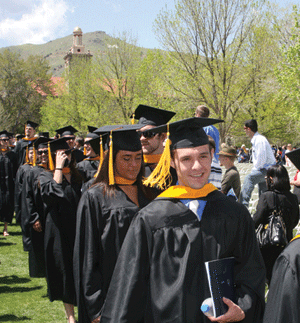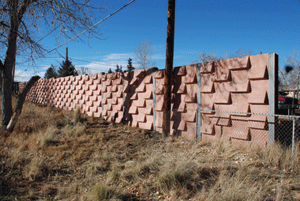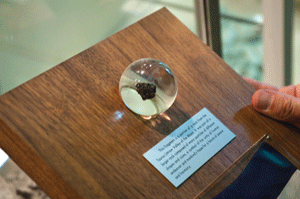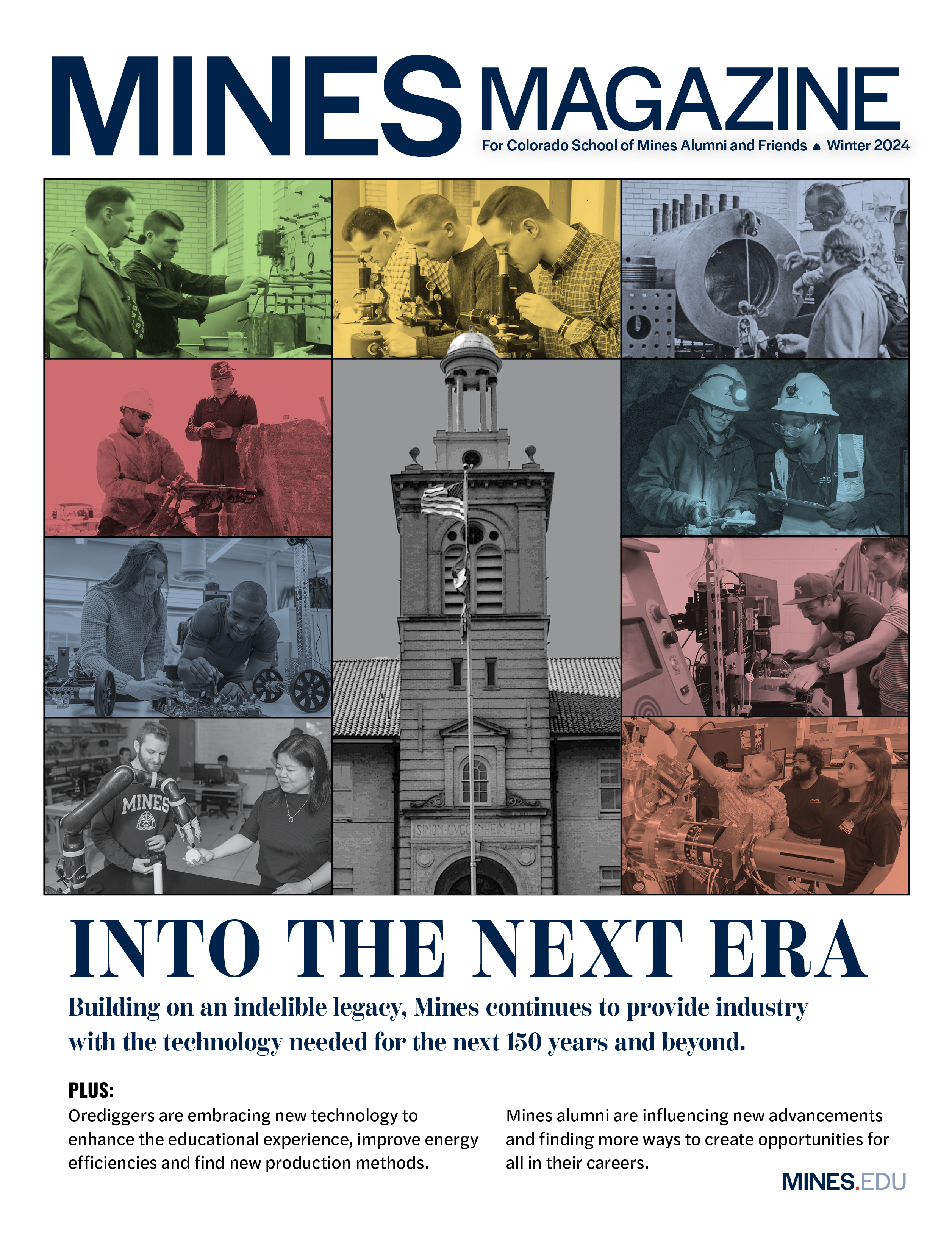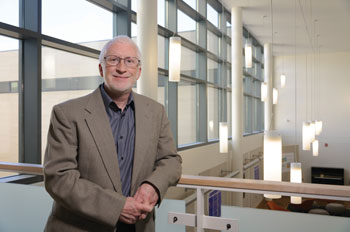
Kevin Moore believes one way to differentiate the College of Engineering and Computational Sciences is by communicating a vision for the engineering disciplines that emphasizes their role in alleviating poverty and building stable societies.
When Kevin Moore was a young associate professor at Idaho State University, he used to wear a tie to off-campus research team meetings. One day a colleague asked, ‘Kevin, why do you always wear a tie to these meetings?’ Someone joked, ‘That’s because he wants to be a dean someday.’
The prediction came true on January 3, 2012, when Moore was officially named dean of Mines’ College of Engineering and Computational Sciences, a position he had been filling on an interim basis since the college was formed last summer. While Moore’s long-ago colleague might be surprised to learn the accuracy of his prediction, those at Mines who know him well see it as a natural fit.
“I can send an email to Kevin at any time of the day or night, and it is rare not to get a reply, and a follow-up set of questions, within about 5 minutes,” says Provost and Executive Vice President Terry Parker, who describes Moore as a strategic thinker with strong management skills and a broad understanding of academic disciplines.
A member of the former Engineering Division’s Executive Committee, Moore simply says that when the job came up, “I was a logical choice for the interim slot, I had actually been paying attention. It wasn’t until after a few months that I realized, ‘I can do this job.'”
His career certainly includes the requisite experience. Prior to becoming the G.A. Dobelman Distinguished Chair in Engineering at Mines in 2005, he was a senior scientist at Johns Hopkins University’s Applied Physics Laboratory. Before that, he was a professor of electrical and computer engineering at Utah State University, where he directed several multidisciplinary teams on autonomous robot development. In the mid-’90s, he spent a year serving as interim associate dean of the College of Engineering at Idaho State University. Along the way, he authored three books, more than three-dozen refereed journal articles, and over 100 peer-reviewed conference papers.
The first dean of Mines’ first college is also a bit of a pioneer. “I am entrepreneurial in my outlook,” says Moore. “I see the prospect of exciting changes in engineering education. I hope that the work we do here will affect the engineering profession overall.”
Toward this end, Moore will first focus on raising the college’s profile. In the extractive industries, he points out, “people know us because of our programs.” Most students who study petroleum or geological engineering are deliberate about choosing Mines. On the other hand, those who wind up studying one of the mainstream engineering disciplines (civil, mechanical or electrical engineering) are often attracted to Mines by its overall reputation, not a specific program. Moore would like to see that balance shift. “I want the college to be a destination of choice for these traditional engineering degrees,” he says.
One strategy he plans to explore is placing an emphasis on intelligent, sustainable infrastructure, something he describes as ‘a key to developing improved quality of life for everyone on the planet in the 21st century.’ Another is to promote what he calls, ‘engineering by doing,’ getting students engaged in hands-on projects in the community. He’s interested in attracting and training students who view engineering as a way to help the disadvantaged. “In most of the developing areas of the world, if you can bring roads, energy, water and fiber optics, that will promote sanitation, agriculture and business,” says Moore. “Those things will lead to stability and peace, which allow a community to focus on education. With education you can raise the quality of life and establish a sustainable society. When prospective students talk about these interests, I want others to tell them, ‘Colorado School of Mines is your place.'”

